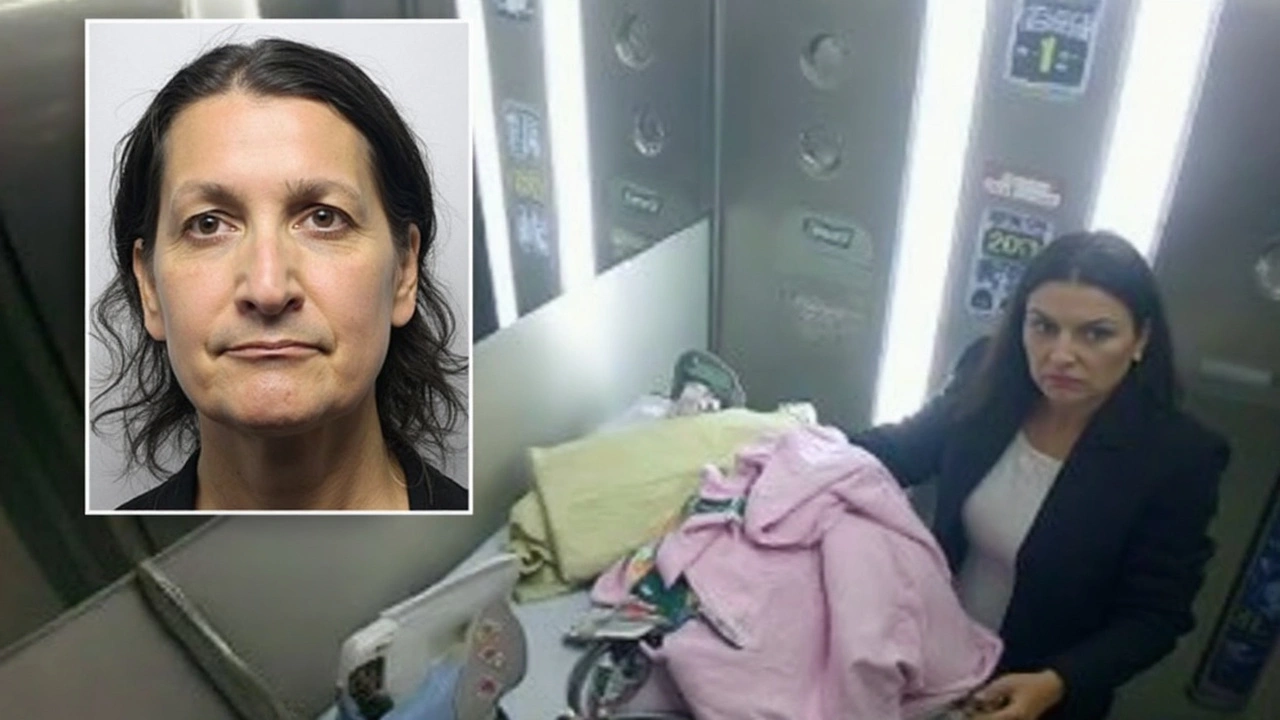Fraud in Motorsport – What Every F1 Fan Should Know
Fraud may sound like a word you hear in finance, but it shows up everywhere in racing too. Whether it’s a fake ticket sold on a social feed or a team hiding money, these tricks can ruin the excitement you love about Grand Prix weekends. Knowing the most common scams helps you stay safe and keeps the sport clean.
Common Types of Motorsport Fraud
First up, ticket scams. Scammers copy official logos, list seats that don’t exist, and promise cheap access to high‑profile races. Buying from unverified sellers can leave you stranded outside the circuit on race day. A similar problem is counterfeit merchandise – knock‑off caps and shirts that look real but are low‑quality fakes.
Race‑fixing is another dark corner. In the past, officials have been caught altering lap times or rewarding team orders that give an unfair edge. Those deals are usually hidden behind cash payments or secret agreements, and they damage the sport’s credibility as much as any on‑track crash.
Driver licensing fraud also pops up when aspiring racers use forged documents to enter lower‑tier championships. It may sound harmless, but it puts unqualified drivers on fast machines, raising safety risks for everyone on track.
Financial fraud hits teams directly. Sponsors sometimes vanish after paying large sums, or they disguise money laundering as legitimate branding deals. When a team suddenly loses funding, the ripple effect can lead to staff cuts, missed parts deliveries, and even a reduced grid.
How to Protect Yourself from Fraud
Online scams are the newest threat. Phishing emails that claim to offer free tickets, exclusive experiences, or prize money are on the rise. The tell‑tale signs are urgent language, poor grammar, and URLs that don’t match the official F1 website. Always double‑check the sender’s address and never share personal info.
Spotting a scam is easier when you know the red flags. Beware of deals that sound too good to be true, sellers who rush you for payment, and payment methods that can’t be traced, like wire transfers.
The FIA and national motorsport authorities monitor these issues closely. They run investigations, impose fines, and can even ban teams or drivers found guilty. Following their updates on social media keeps you in the loop about new threats.
Finally, protect yourself by buying tickets only from the official F1 store or approved partners, using secure payment platforms, and verifying any sponsor offers with the team’s official communications. Staying cautious doesn’t mean you’ll miss out – it just means you enjoy the race without the hassle of fraud.

High Street Retailers Rocked by £500,000 Fraud: Woman Jailed for 10 Years After Massive Refund Scam
Narinder Kaur, known as Nina Tiara, defrauded UK high street retailers out of £500,000 by shoplifting and returning stolen goods using fake identities. Her four-year crime spree ended with a 10-year prison sentence after authorities uncovered her sophisticated scam targeting over 1,000 stores.
View more